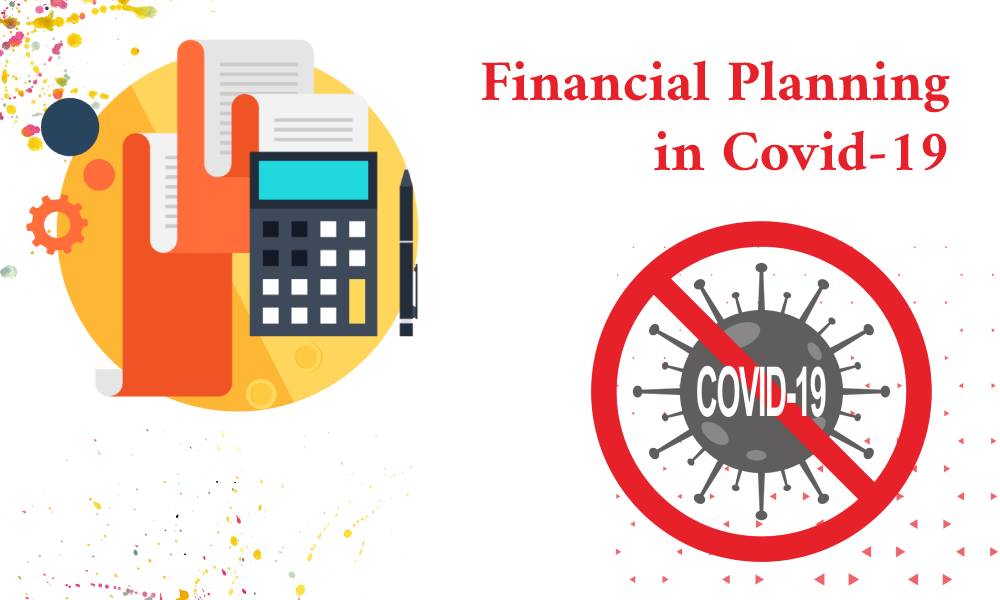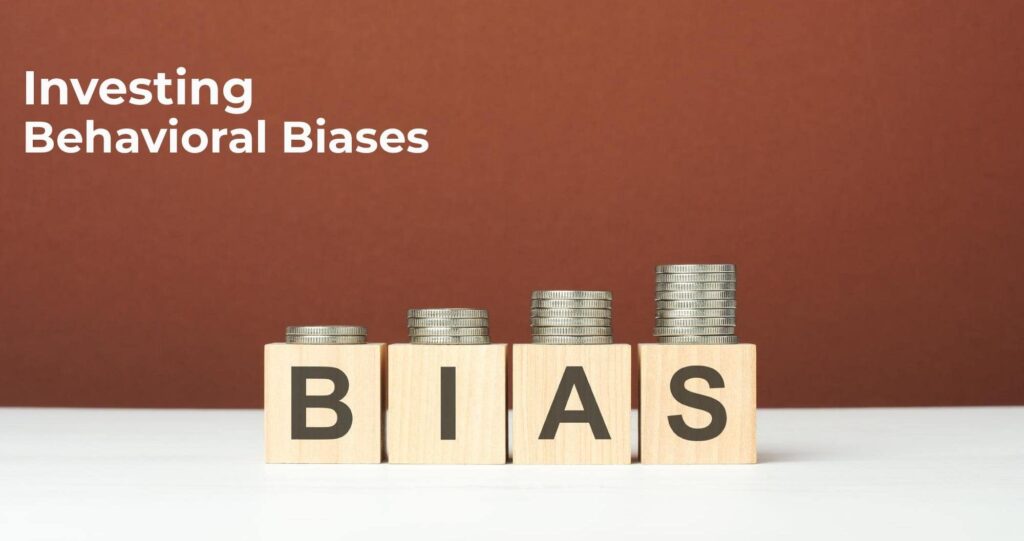People use equities in the retirement planning process to provide the necessary amount of growth and benefits over the long term. The benefits of this asset class will be present and clearly visible only when there is a holding of the assets for a long period of time.
There are some features that one has to be aware of in the entire process of retirement planning and investing in equities. The first and most important point is that equities have the potential to generate a higher rate of return for the individual. This is the biggest advantage because of the fact that it can provide a big boost to the overall returns of the portfolio of the individual. In addition over a longer time frame, equities as an asset class have outperformed all other asset classes in terms of returns and due to this, it is an attractive route to put their investments.
There is also a downside to the equity investment, which is that there can also be a capital loss in the entire process because if the value of equity falls then there will be a loss that is recorded by the individual on the amount invested. The high return expectation here comes with the high-risk element, too. Further, there is no cap on the returns or the losses that one can make so this is one feature that everyone has to take into consideration very closely.
Even when there are returns generated by equities, nothing is steady or guaranteed. There can be a wide fluctuation in the returns here and that is the reason why it is said that equity investments are meant for a period of more than 3 years and one should not look at it from the narrow viewpoint of a few months.
Equity also has to be used in a strategic manner. This has to be done considering the overall needs of the individual that has been identified. It has to be used for that portion of the portfolio that will yield a higher return from the individual and they have to be used considering the various long-term implications that will arise from the impact of this. Another benefit is that this is also a tax-efficient way of investing. Dividends, as well as long-term capital gains from equity and equity-oriented mutual funds on the fulfillment of certain conditions, are tax-free in the hands of the investor.






